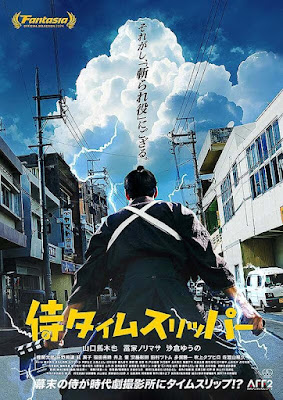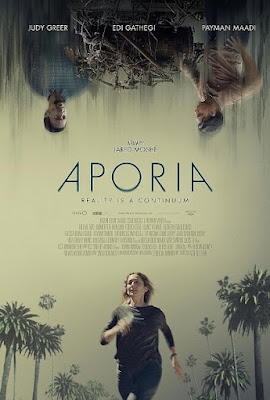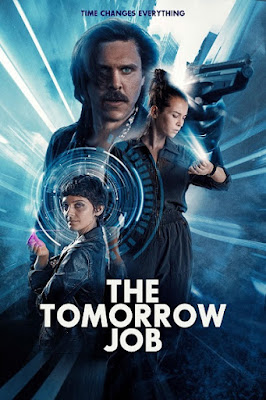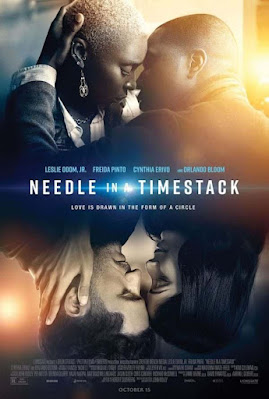If an Old West gunslinger traveled forward in time to 1950’s Hollywood, he would probably find steady work as a stuntman. It would be a lot harder for him in today’s film industry. That is also true for Kosaka Shinzaemon. He was, and remains a real deal samurai from the Aizu Domain, who somehow traveled forward in time to the Kyoto Uzumasa studio, where most of the Japanese entertainment industry’s Jidaigeki samurai dramas have been filmed. It is a whole new era for him, but he retains some adaptable skills in director-screenwriter Jun’ichi Yasuda’s A Samurai in Time, which screens as part of the 2025 Japan Cuts festival.
It was a dark a stormy night. Frankly, Shinzaemon really didn’t notice the stormy part until he started clashing swords with Yamagata Hikokuro, a rival from the Choshu Domain. Suddenly, a flash of lightning strikes and there he is on the Kyoto backlot. Confusingly, half the people look normal, but the rest appear to wear strange foreign garb. He is a bit of a bull in a China shop, but Yuko Yamamoto, a conscientious young assistant director looks out for the presumed amnesia case.
Thanks to her, he finds a place to stay at the nearby shrine frequently used as a location. He also starts apprenticing with Sekimoto, a master of stunt-performer swordplay. Sekimoto warns his new apprentice that Jidaigeki productions just aren’t as popular as they used to be. Nevertheless, Shinzaemon becomes a regular stunt performer on Yamamoto’s series, because he just looks so authentic. In fact, he even draws the attention of Kyoichiro Kazami, a veteran movie star, hoping to reinvigorate the Jidaigeki genre. Indeed, Kazami shows a particular interest in Shinzaemon.
Samurai in Time might remind genre fans of Ken Ochiai’s loving tribute to Jidaigeki extras, Uzumasa Limelight, with good reason. Ochiai’s star, longtime Jidaigeki bit-player Seizo Fukumoto was originally cast as Sekimoto, before his unfortunate passing. Instead, his “junior” colleague, Rantaro Mine, plays the role with the kind of dignified gravitas Fukumoto brought to Limelight. So yes, the two films would pair nicely.




















